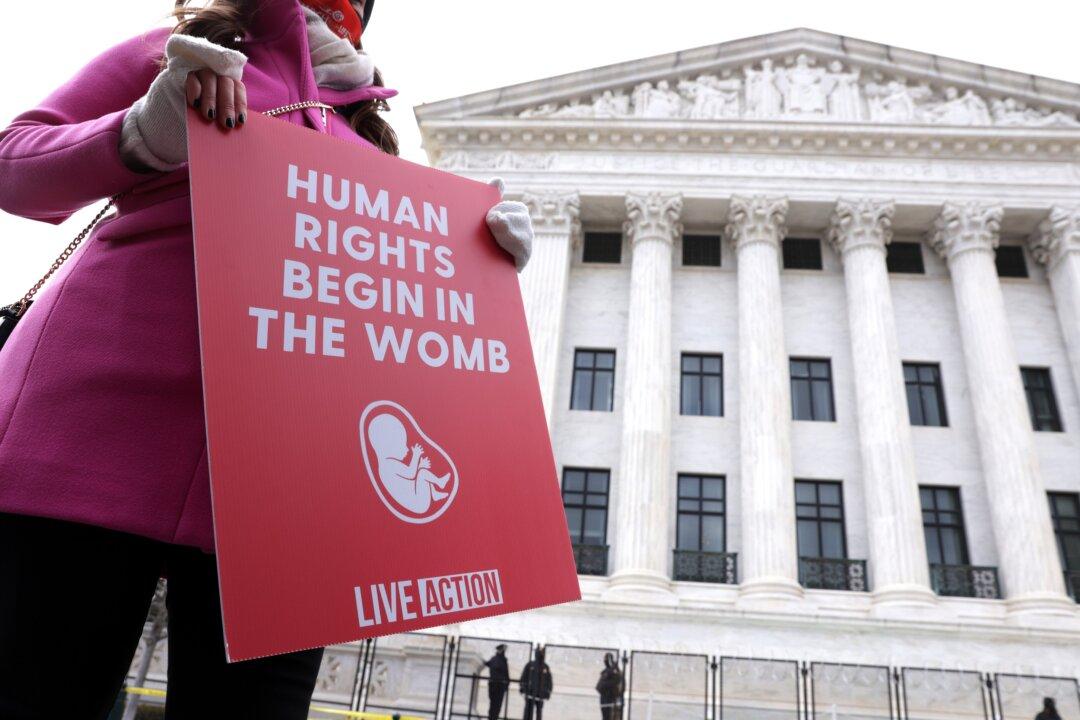Republican lawmakers in the House and Senate have introduced a bill that would strip all federal funding from colleges and universities if they perform abortions or provide abortion drugs to students and staff on campus.
Sen. Steve Daines (R-Mon.), who founded and chairs the Senate Pro-Life Caucus, on Wednesday announced the Protecting Life on College Campus Act of 2021 at a press conference outside the U.S. Capitol building. The House version of the bill was introduced by Reps. Chip Roy (R-Texas) and Mary Miller (R-Ill.).





